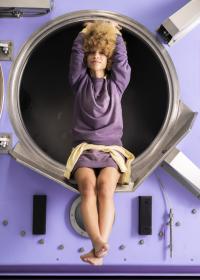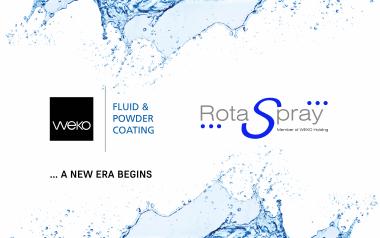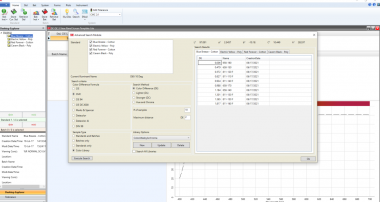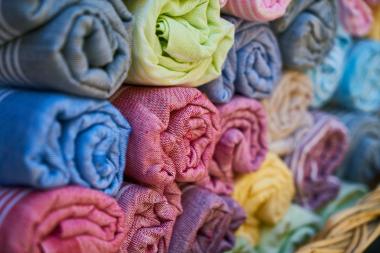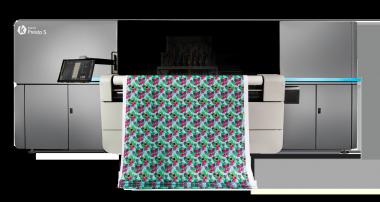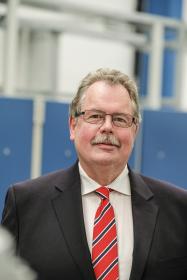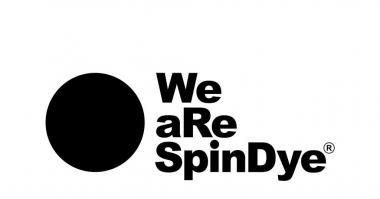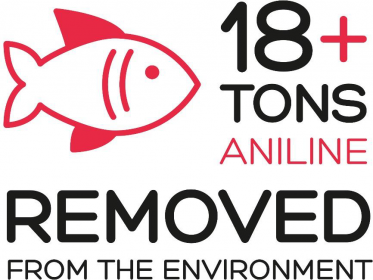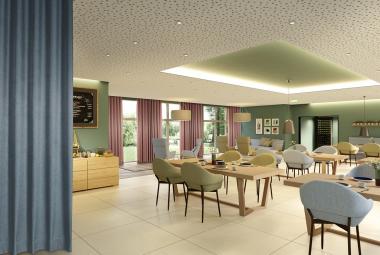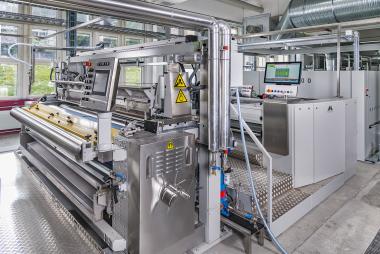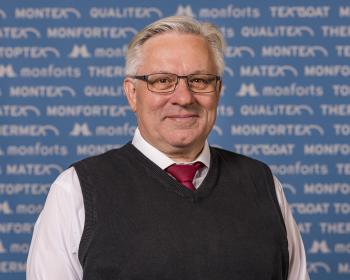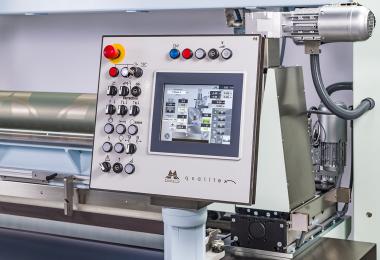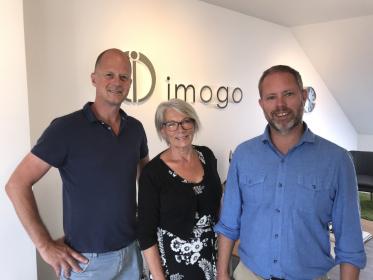Kelheim Fibres at Dornbirn GFC WEBINAR WEEK
- Circular economy at Kelheim Fibres: Examples of innovation from raw material, product design and all the way to “end of life”
Kelheim Fibres, the world's first viscose fibre manufacturer with an EMAS-certified environmental management system, is continuously working on optimising its special fibres. These can be functionalised as needed - in many cases to save further processing steps (such as dyeing or coating) and thus energy, water and chemicals - and are completely biodegradable at the end of their product life in a short time (according to OECD Test 301 B).
Currently, the specialists in Kelheim are working on the development of alternative raw materials for the production of viscose fibres, such as recycled cellulose as well as other cellulose-containing starting materials. One approach to closing the product cycle in the textile sector is the use of pulp produced from recycled post-consumer waste materials.
In production, Kelheim Fibres focuses on resource conservation by minimising emissions and waste through closed-loop recovery systems, as well as through highly efficient energy generation and the corresponding operation of the plants.
Dr. Roland Scholz, Project Manager Fibre and Application Development at Kelheim Fibres, will present details of this on Wednesday, 15 September, at 5.50 p.m., in Hall B of the 60th Dornbirn GFC WEBINAR WEEK.
Translated with www.DeepL.com/Translator (free version)
Kelheim Fibres











